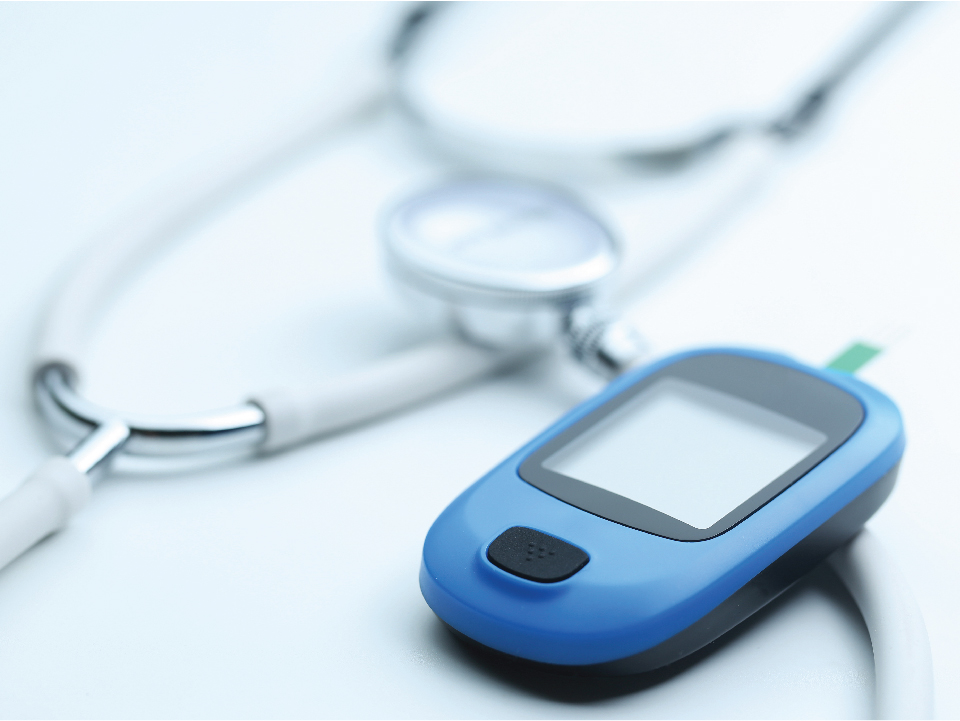
Understanding Diabetes Tests – All You Need To Know
August 3, 2021
How To Prepare For Your Diabetes Tests?
August 9, 2021Diabetes is a progressive disease that only gets worse with time. It is a chronic disease that can lead to many severe complications such as eye disorders, nerve damage, foot complications, kidney diseases, cardiovascular diseases, and more.
With an increasing number of diabetes patients around the world, there has been growing awareness regarding diabetes screening. Including diabetes screening in routine health checks not only helps to manage diabetes well but also prevent it at an early stage. If you are diagnosed with prediabetes, you can still control your blood sugar levels and prevent the development of diabetes. Early detection is the key to the effective management of diabetes.
Difference Between Diabetes Screening And Diabetes Diagnosis
There is a major difference between diabetes diagnosis and diabetes screening. Diagnostic tests are performed when the patient shows signs and symptoms of developing diabetes. However, screening is performed when no symptoms and signs of the disease are visible. It is usually done with people who are at a higher risk of developing the disease.
The symptoms of diabetes may take a long time to develop. By the time they are diagnosed, there is a high chance that diabetic complications might have already started developing in your body. Therefore, diabetes screening is considered very important. It paves the way to early detection of diabetes, resulting in better management of the disease.
Risk Factors For Developing Diabetes

Although anyone can develop diabetes, certain people are at a higher risk of developing the disease. Diabetes screening of these people during routine health checks is extremely important to prevent the disease. You may assess your health based on these factors and see if you are at higher risk of getting diabetes.
- People with a family history of diabetes
- People who are obese or overweight
- Those who are 45 years or older
- People who already have prediabetes
- Those who lead a sedentary or physically inactive lifestyle
- Those who have had gestational diabetes
Benefits Of Diabetes Screening
- Diabetes screening can result in early detection of diabetes and preventing further complications.
- It helps to know if blood sugar levels are elevating and the individual needs to manage it well. It can help to prevent diabetes.
- Timely treatments are possible with diabetes screening.
- It helps to detect gestational diabetes during pregnancy.

Tests Used In Diabetes Screening
The two main tests used in diabetes screening are the A1C test and fasting blood glucose test.
A1C Test:
This test helps to measure your average blood sugar levels over the past 2-3 months. If your A1C is below 5.7%, you do not have diabetes. However, if your results are between 5.7% and 6.4%, it means you have prediabetes. Detecting prediabetes can prevent the disease at an early stage. If your A1C is above 6.4%, it indicates that you have diabetes and you need to start managing the disease.
Fasting Blood Glucose Test:
This test helps to measure your blood sugar levels after an overnight fast. If your fasting blood sugar level is 99 mg/dL or lower, you do not have diabetes. If it is between 100 mg/dL and 125 mg/dL, it indicates that you have prediabetes and can still manage to prevent diabetes. A fasting blood sugar level of 126 mg/dL or above indicates that you have diabetes.
Takeaway:
Diabetes is a growing disease all over the world. Diabetes screening is an effective tool to prevent and manage the disease at an early stage. Therefore, it must be included in routine health checks, especially for the people who are at a higher risk of developing the disease.
Reference Links:
- https://care.diabetesjournals.org/content/25/suppl_1/s21
- https://www.cdc.gov/diabetes/basics/getting-tested.html
- https://www.cdc.gov/diabetes/basics/risk-factors.html
- https://www.who.int/diabetes/publications/en/screening_mnc03.pdf
- https://www.ijcmr.com/uploads/7/7/4/6/77464738/ijcmr_1465_june_10.pdf
- https://www.ncbi.nlm.nih.gov/pmc/articles/PMC2890385/
- https://www.diabetes.org/diabetes/complications




